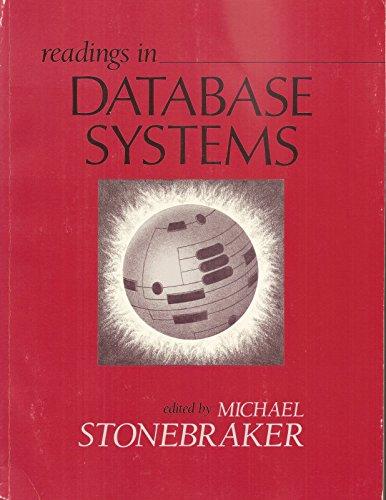Answered step by step
Verified Expert Solution
Question
1 Approved Answer
What is the time complexity of the following piece of code? Check all that apply: function unknown ( int n ) { int i ,
What is the time complexity of the following piece of code? Check all that apply:
function unknown int n
int i j;
int sum ;
for i ; i n; i
for j ; j i; j
sum j;
return sum;
Group of answer choices
Theta n
ologn
Omega logn
Theta n
Onlogn
on
omega logn
omega n
Onlogn
Ologn
Theta nlogn
On
Omega nlogn
Theta nlogn
onlogn
Theta logn
Omega n
omega nlogn
Omega nlogn
Omega n
On
Heres the best way to solve it
Expertverified
Share
lets analyze the given code to find time complexity
int i j;runs in constant time so : O
int sum ;runs in constant time so : O
for i ; i n; i runs for i to n each time i is multiplied by so runs for k n klogn timesbase is
for j ; j i; jruns for i times
possible value of i: k
sum j;so runs for : k kklogn
return sum;runs in constant time so : O
overall run time : lognlogn thetalogn
note: thetalogn means both bigOhlogn and bigOmegalogn
Step by Step Solution
There are 3 Steps involved in it
Step: 1

Get Instant Access to Expert-Tailored Solutions
See step-by-step solutions with expert insights and AI powered tools for academic success
Step: 2

Step: 3

Ace Your Homework with AI
Get the answers you need in no time with our AI-driven, step-by-step assistance
Get Started


